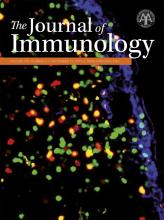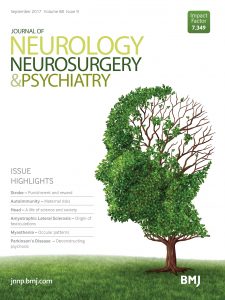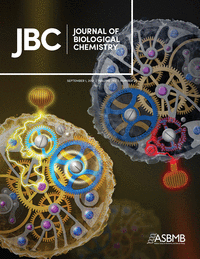 Earlier this year, the University of California, San Francisco and the San Francisco Veterans Administration Medical Center teamed up to write a letter.
Earlier this year, the University of California, San Francisco and the San Francisco Veterans Administration Medical Center teamed up to write a letter.
Addressed to the editorial office at the American Association of Cancer Research (AACR), the letter, parts of which have been published in a retraction notice, contained information concerning two papers on genetic risk factors for a type of kidney cancer and a type of uterine cancer, respectively, published in different AACR journals over a decade ago by researchers affiliated with the institutions.
The papers had been at the center of research misconduct investigations at both UCSF and the VA and the investigations came to the conclusion that both papers contained:
fabrication or falsification of data that constitutes Research Misconduct.
Though one of the papers has been retracted, it’s unclear what will happen to the other. [Note: See update at the bottom of the post.] Continue reading UCSF, VA investigations find “clear evidence” of misconduct in cancer papers
 Plant biologists from China have retracted a 2013 paper in The Plant Cell after discovering that some of the plant material used was “inadvertently contaminated.”
Plant biologists from China have retracted a 2013 paper in The Plant Cell after discovering that some of the plant material used was “inadvertently contaminated.”



 Two journals have retracted papers by a biologist who was
Two journals have retracted papers by a biologist who was 


